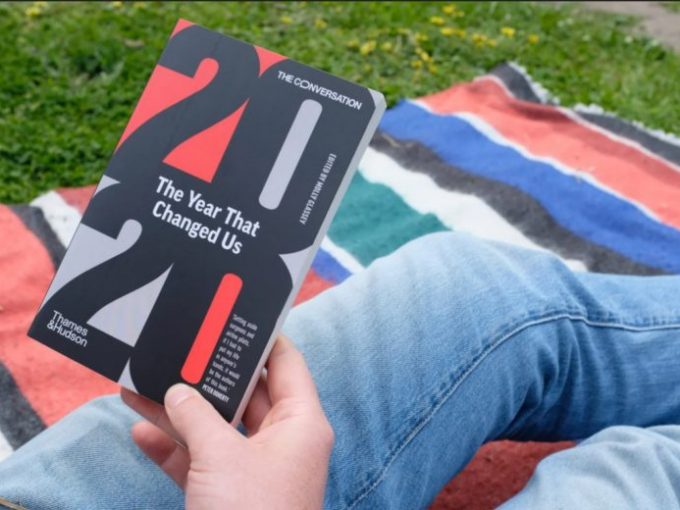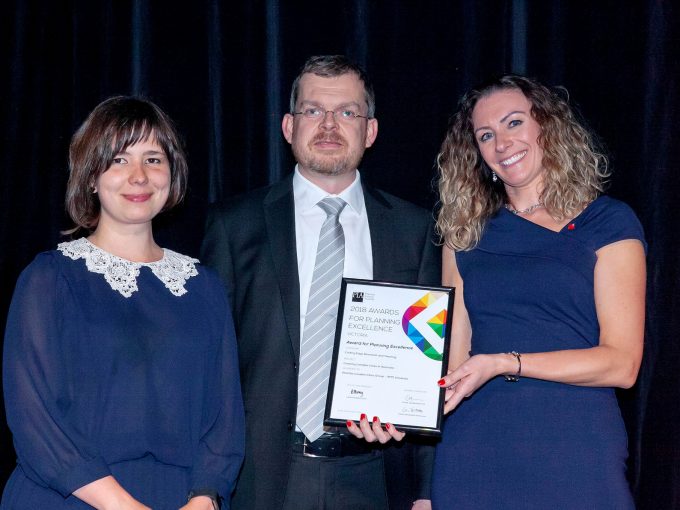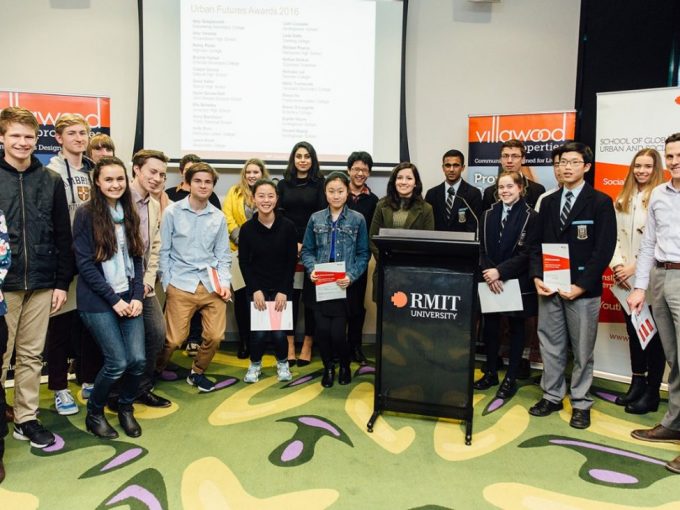An RMIT researcher has recently spent three months in Italy studying one of the country's most neglected neighbourhoods and the challenges it presents for its people.
Dr Libby Porter, from RMIT’s Centre for Urban Research worked with researchers at La Sapienza University in Rome to better understand the area of Tor Bella Monaca, a neighbourhood at the periphery of the city.
The research team aimed to identify the challenges of urban life for people living in peripheral settlements and how they can be better integrated.
Porter, who was a 2014 recipient of the RMIT Vice-Chancellor’s Research Fellowship said Tor Bella Monaca was an important social housing estate built to address a major housing need in the city.
“But it was never properly administered and so the local communities, in need of housing, had to organise themselves to use, maintain and service the estate,” she said.
“While this approach appears to be condoned by the government, challenges are faced by both those in the social housing as well as those in the informal settlements.”
One of the biggest problems in neglected neighbourhoods such as Tor Bella Monaca is a lack of maintenance and community services, according to Porter.
“It causes serious structural issues with problems like dampness as well as challenges with building repairs,” she said.
“Services for the community, such as libraries, childcare, and education, are also under-resourced.”

Housing in Tor Bella Monaca.
And Porter said many of these issues contribute to broader concerns around the security and safety of residents in the neighbourhood.
“It’s a poor neighbourhood, which unfortunately sees regular occurrences of crimes such as theft and drug dealing,” she said.
Although Porter’s three-month research placement has now come to an end, the research team at La Sapienza University continue their work with the possibility of future research being discussed.
And why is this type of research important? “To understand how to build socially just cities,” Porter said.
“In an era when social inequality in cities like Rome is deepening, it’s important we continue work that seeks to understand the possible alternatives.”
Porter is a leading scholar-activist on the role of planning and urban development processes in dispossession and displacement, both as a result of urban regeneration and gentrification processes, as well as dispossession of Indigenous people in cities.
Porter is author of Unlearning the Colonial Cultures of Planning (Ashgate 2010), and co-editor with Kate Shaw of Whose Urban Renaissance? An international comparison of urban regeneration strategies (Routledge 2009). Porter’s new book with Janice Barry, called Planning for Co-existence? Recognising Indigenous rights through land-use planning in Canada and Australia, will be published with Routledge in April 2016.
Story: Karen Matthews





